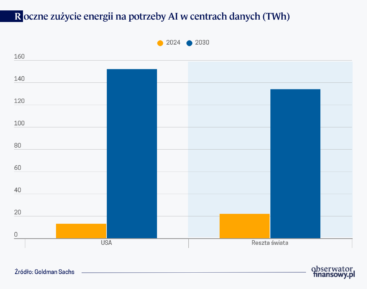German automotive industry at a crossroads
Kategoria: Business
The commercial real-estate market in the United States is in serious trouble, and may cause the recovery from the recession to stall or even reverse if it is not confronted successfully.
The situation is extremely serious, as indicated by the fact that between one and a half and two trillion dollars of commercial real estate loans need to be restructured, as well as 800 billion dollars of commercial-mortgage backed securities. However, there is increasing interest on the part of international investors in investing in the sector, because substantial bargains can be obtained, of up to 40 cents on the dollar. Also, the government program TALF (Term Asset-Backed Securities Loan Facility) is available and the Federal Deposit Insurance Corporation (FDIC) will sometimes participate with investors interested in acquiring commercial real estate loans from its portfolios acquired from failed banks. Sovereign wealth funds and other funding sources are gingerly beginning to get into the market.


